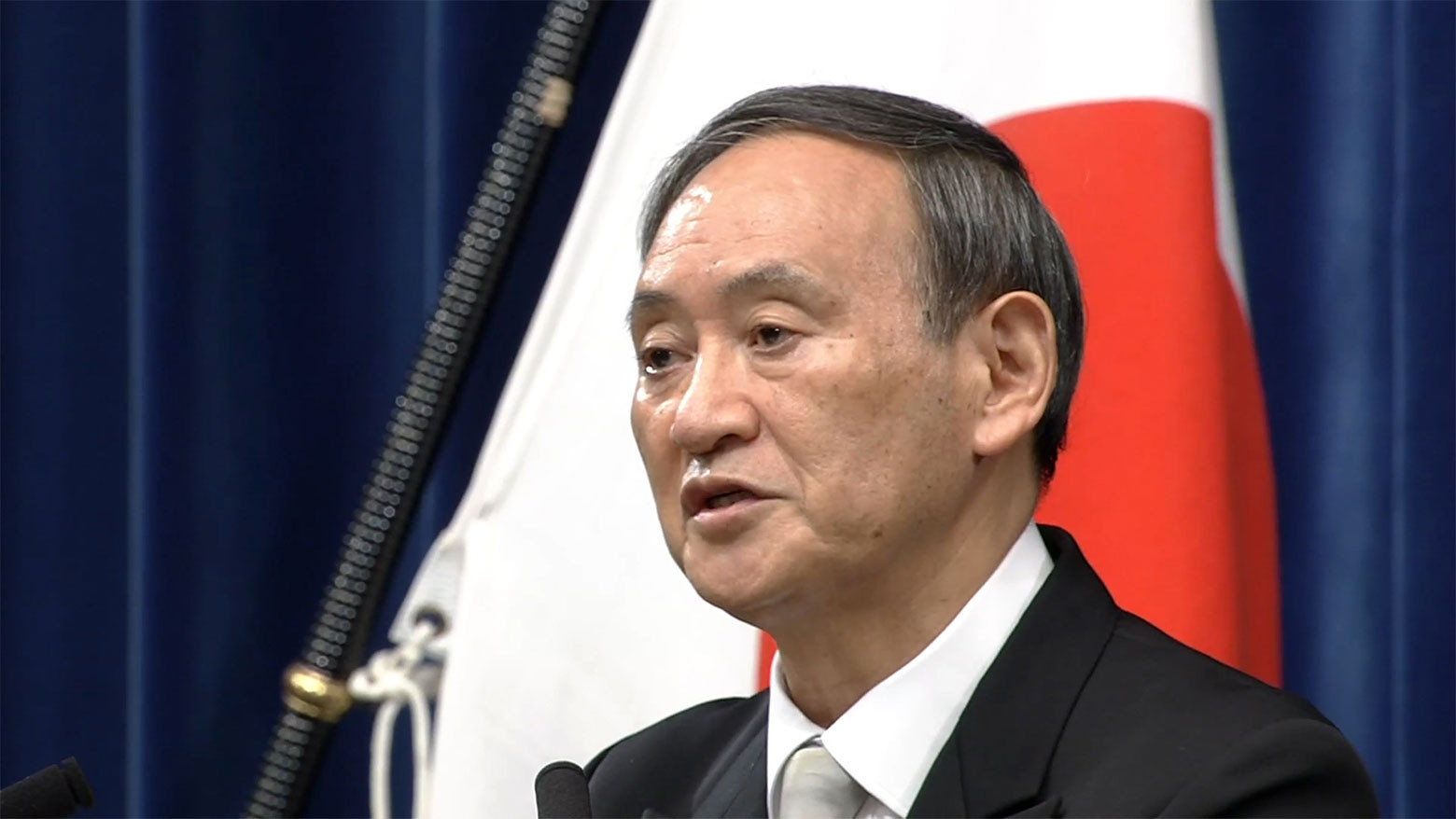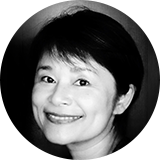Kristin Surak /Assistant Professor of Political Sociology, London School of Economics
Ebara: How do you evaluate former prime minister Abe’s overall performance?
Surak: In comparison to the former prime ministers (over the last 20 years) Abe Shinzo has left certainly a much greater print than pretty much anybody besides Koizumi Junichiro. That’s simply because they were in power for such a long time that they were able to get quite a lot done. But even more importantly, they did have an agenda that they wanted to get through. Koizumi, very interestingly, was in part at some odds with the LDP party itself, coming in through a change in how candidates would be elected and really taking a lot of people by surprise being very dynamic, very charismatic.
Abe, in contrast, was much less dynamic and charismatic but nonetheless, he had a very clear agenda of things he wanted to get through. And there was quite a bit of continuity between his first stint as prime minister in the early 2000s and his second one. In both cases, he wanted to revise the Constitution (which he didn’t manage to achieve). He wanted to reform the education laws, which he managed to get through in his first term and in terms of foreign policy, he was very outlooking in both terms.
The key difference (between the two terms) is Abenomics, which was a very forthright attempt to make a dent in the kind of flat line that the Japanese economy had taken since 1990. However, the actual outcomes have been very mixed at best. The main target of two percent inflation was never reached, structural reform and womenomics, there's really not much to point to in terms of the huge increase in numbers that were really promised at the beginning. And if we look at the impact on Japan's debt to GDP ratio, which is an astronomical 250 percent, many economists predict at some point there’ll have to be a reckoning of that. So in terms of his signature policies, we've seen more disappointment. And I think it's more of the absence of (political) alternatives that accounts for his longevity.

Ebara: What does Suga bring to the table?
Surak: Suga has been crucially important as one of the key movers and shakers behind the scenes, a real sort of kingmaker in Japanese politics. But because he's been working mainly internally and doing a lot in the relationship between the prime minister and the bureaucracy, for example, he's been much less involved in overseas efforts by Japan. So, he will be a completely new figure for a lot of diplomats and world leaders coming into the game. But because he'll be introduced as one of the key figures supporting Abenomics, there's the sense of continuity that they'll be dealing with a very similar person as Abe in this. In that sense, they're not really expecting too much of a shake-up in terms of Japan's stance in foreign relations.

Ebara: What challenges in international relations lie ahead?
Surak: The biggest challenge will be, number one, America and then China and perhaps Russia. What happens in the American elections in November is still very unclear. It'll be a question of whether the new prime minister will again, like Abe did very well, try to develop a successful relationship with Trump or develop a new one with Biden. The Japan-U.S. alliance has only grown more important within the party platform of the LDP. So this will be continued to be fostered while maintaining a good relationship with China. Japan knows very well, and they knew very well, that China is Japan's number one trading partner. This is an economic relationship that Japan certainly can't afford to lose, but also is important to China as well. So keeping that relationship strong will also be one of the biggest agenda items for the next prime minister.

Sean King, Senior Vice President, Park Strategies (US-Asia Policy specialist)
Ebara: What grade do you give Abe for his diplomatic efforts?
King: I would give Abe an eight plus, especially as America finds itself in a time of transition as to its regional role under President Trump. For me, Abe’s single greatest achievement was being able to keep together and take leadership of the Trans-Pacific Partnership after the US unfortunately left in 2017. Also, Abe’s vision of a free and open Indo-Pacific has become US Asia policy.
Ebara: Is there anything more he could have done?
King: He could have found a way to keep Trump in the TPP. Also, on North Korea, Trump basically went around Abe to deal directly with Kim Jong-un and has failed to take to heart Japan's very real concerns over North Korea's medium and short-range ballistic missile program. So on North Korea and trade, Trump's kind of gone around Abe, but at least he didn’t give Abe as much trouble and headaches as he has with other allies like South Korea, Canada and Germany. While Abe didn’t always get what he wanted, he escaped most of Trump's worst wrath.

Ebara: How will the outcome of the US Presidential election affect Japan?
King: Let's say if Trump wins, I would expect him to give Japan maybe greater heartache on trade. He would nail down a new defense cost burden sharing agreement with South Korea and would probably come after Japan on burden sharing. And also, I think Trump might sign a peace declaration with North Korea and/or withdraw some US troops from South Korea. And that would be bad for Japan on both counts.
If Biden is elected, I think Suga wouldn't have to worry about Biden hammering him on trade and defense.
When the US left the TPP, I thought that was a huge self-inflicted wound, because the TPP was a ready-made NATO-like economic power play against mainland China. And if we want countries to stay with us against Beijing's aggression in East Asia, we have to give them options around China. The TPP was that, but we walked away from it. So if Biden is elected, maybe Suga could talk Biden into rejoining the TPP if it could be renegotiated to his liking.
In any case, there would be less uncertainty and maybe calmer waters with the Biden administration, so you're not going to have to wake up every morning wondering what was tweeted out overnight.

